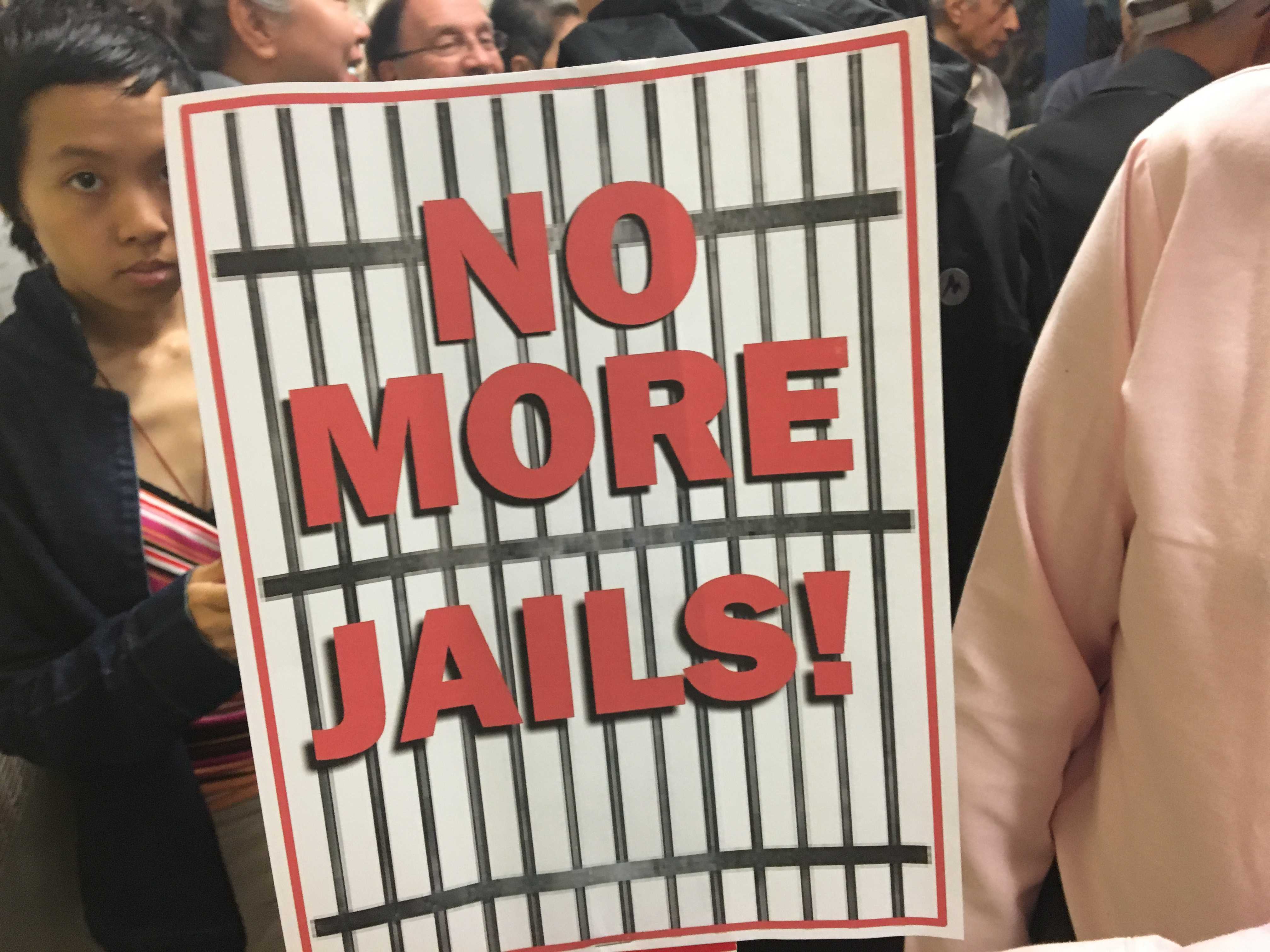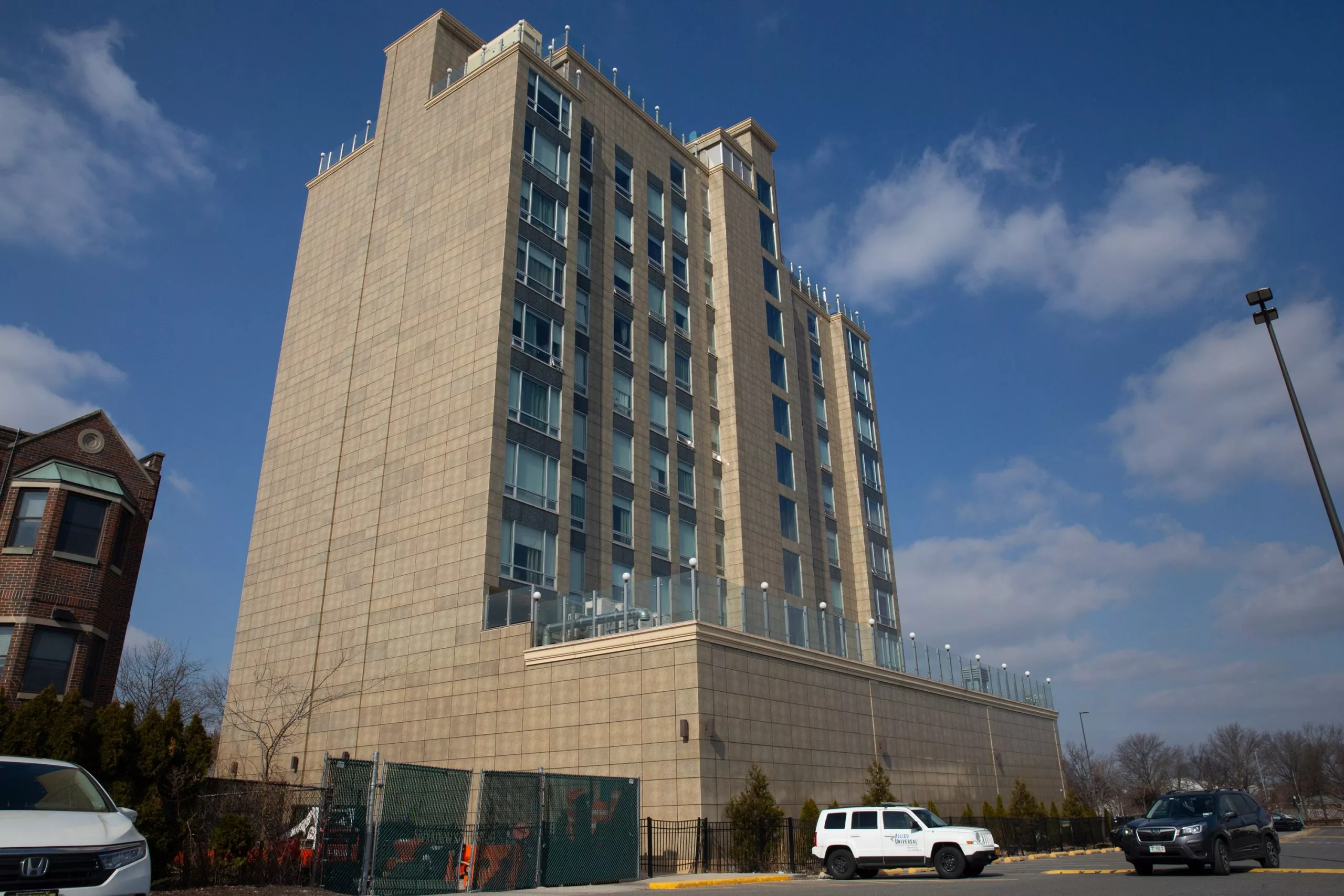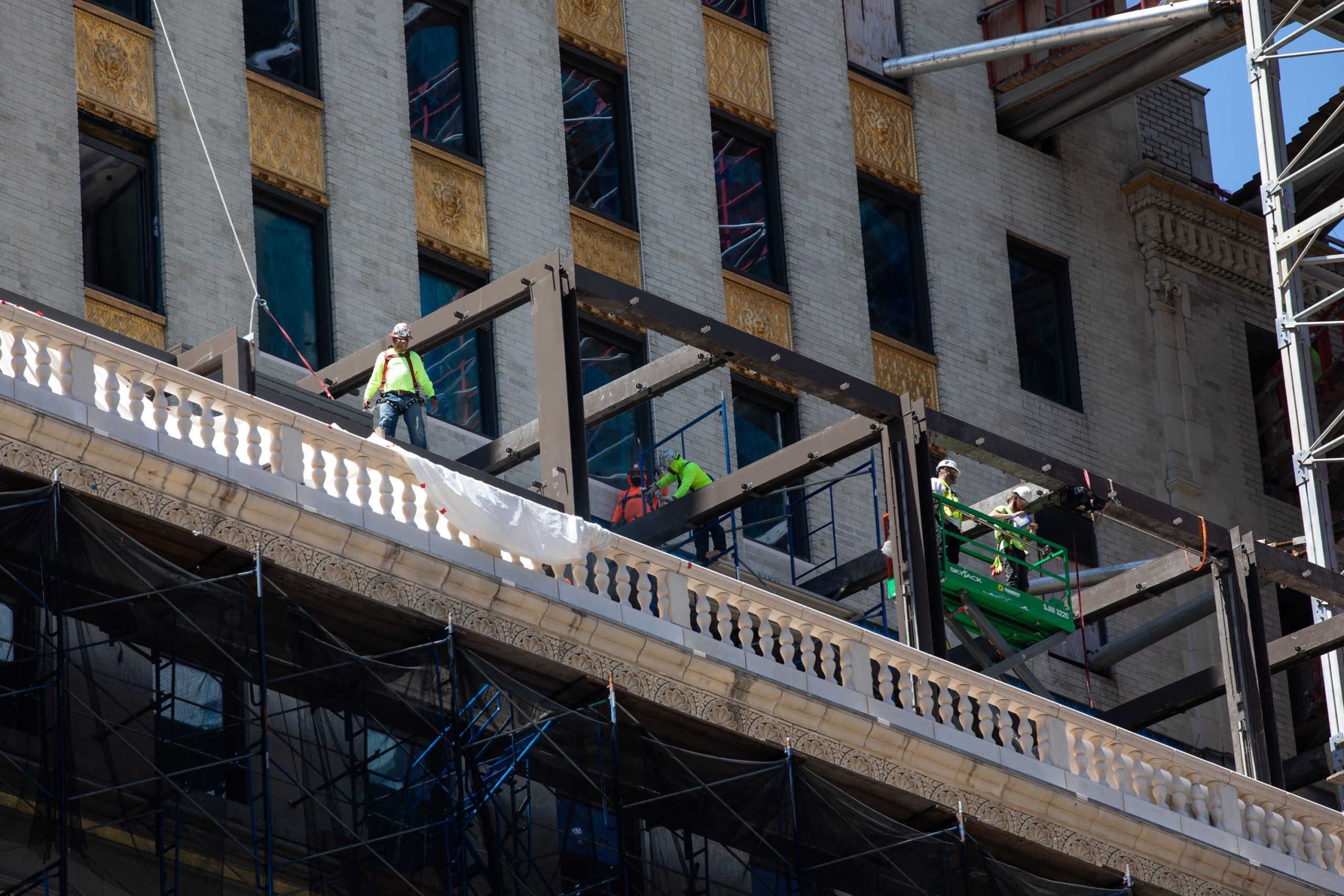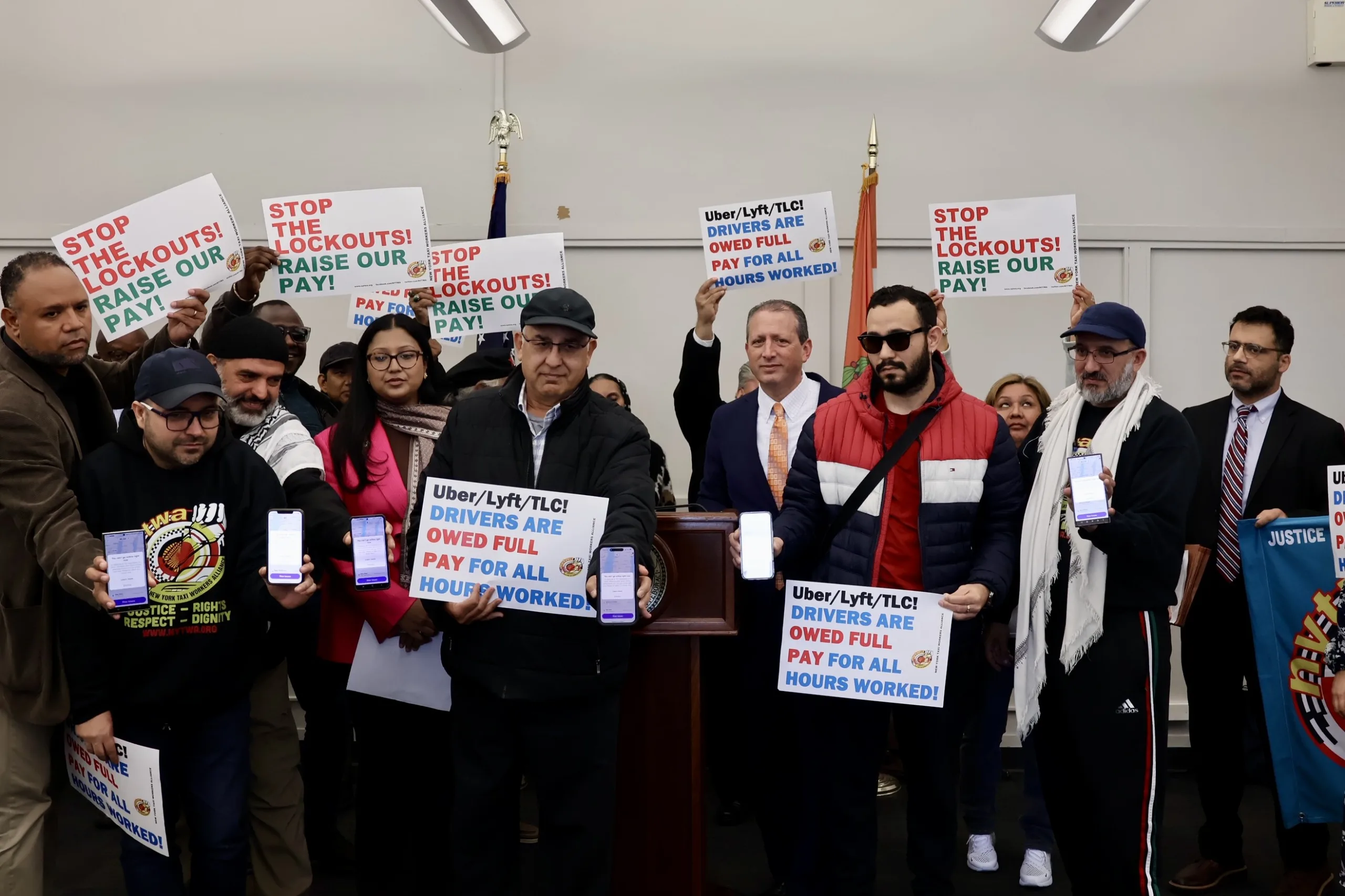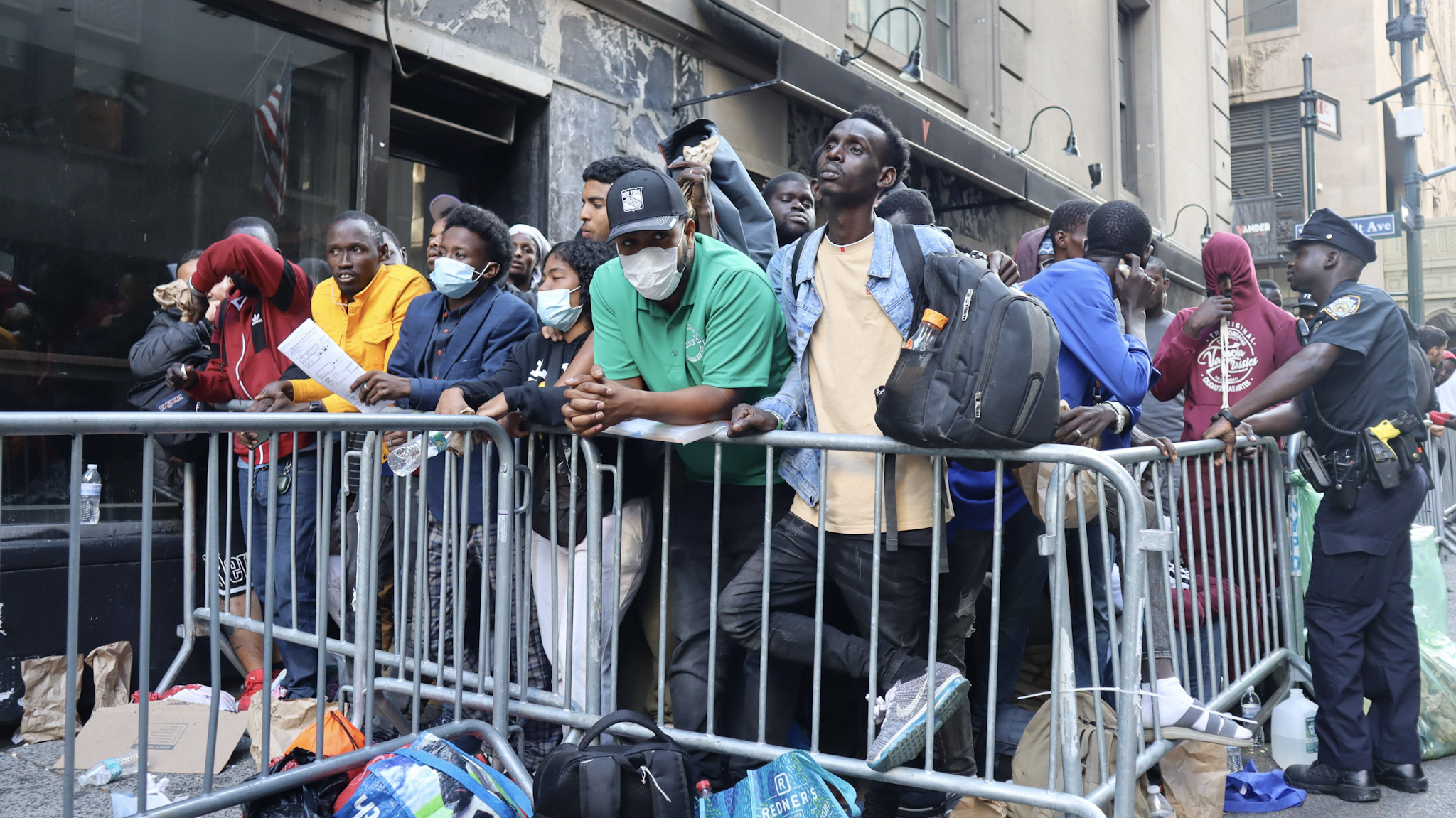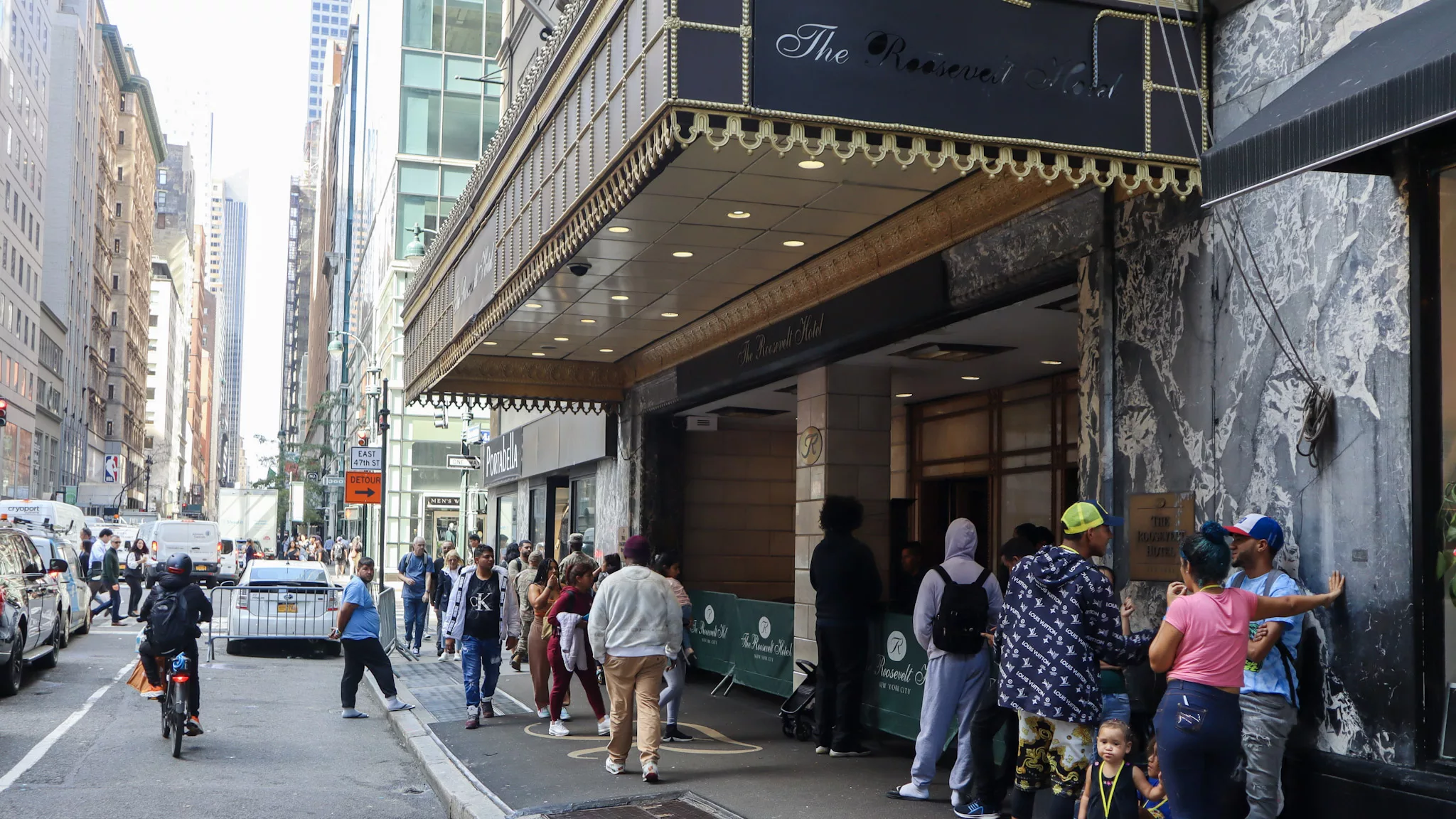This summary was featured in Documented’s Early Arrival newsletter. You can subscribe to receive it in your inbox three times per week here.
About 100 protesters in Portland, Oregon, clashed with federal agents outside the city’s Immigration and Customs Enforcement building, officials said on Friday. The protests took place overnight on Thursday. Three people were arrested at the protest, which the police declared an unlawful assembly. A march earlier in the day saw no interaction between police and protestors. People later gathered in front of the ICE building and began drumming the plywood covering it and spray painting messages. Federal Protective Services officials emerged, some with riot gear with batons and others in camouflage. Officers set off tear gas and started firing munitions after a mortar-style firework exploded. The Oregonian/Oregon Live
In other national immigration news…
Americans Studying in Canada Face Obstacles
American students who study in Canada will likely face problems getting to campus as the U.S.–Canada border remains closed due to the pandemic. For starters, visa processing is now taking months instead of weeks. And as some schools switch to online learning but open dormitories and campuses, students are having to prove their presence in Canada is “essential” just to return. There are 500,000 international university students in Canada. This creates a dilemma for the country as it is hoping to crack down on travel to slow coronavirus spread. Its posture toward students is similar to the Trump administration’s, which drew widespread backlash. Politico
U.S. Hopes to Slow Down Travel on Mexico Border
The U.S. closed lanes at some ports of entry along the U.S.–Mexico border to limit the spread of the coronavirus, a Customs and Border Protection official said Friday. Non-essential travel has been limited at both U.S. land borders due to the pandemic, but U.S. citizens and permanent residents can still enter the U.S. from Mexico. The new measures have become a deterrent for those travelers, who will also experience more secondary checks. The Trump administration considered blocking U.S. citizens from returning to the U.S. if they were infected with COVID-19. Reuters
Asylum Cases Have Long Been Riddled with Biases
The San Diego Union-Tribune analyzed 10 years of court outcomes in asylum cases and uncovered many symptoms of the system’s biases. About a quarter of the people who filed for asylum between fiscal year 2009 and fiscal year 2018 did not have their cases decided on their merits and were generally allowed to remain in the U.S., the analysis found. Whether an asylum seeker is held in detention and in which part of the country their hearings are scheduled determines a great deal. Nationality also plays a major role, but not due to the country’s conditions. Judges also prove to be a complicating factor, as their grant rates vary wildly. San Diego Union-Tribune
